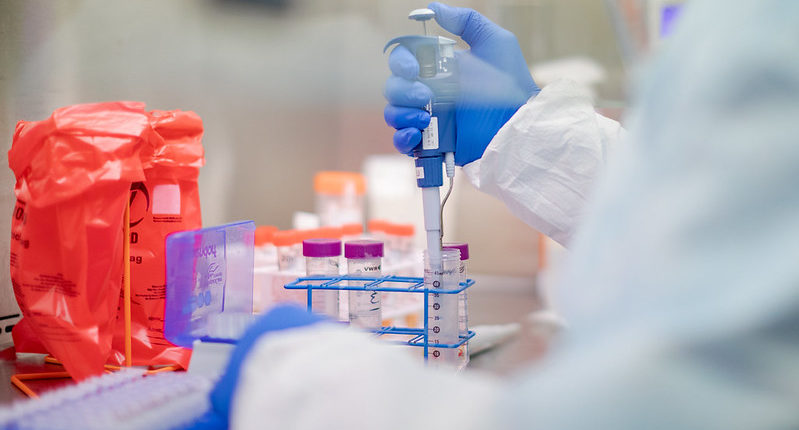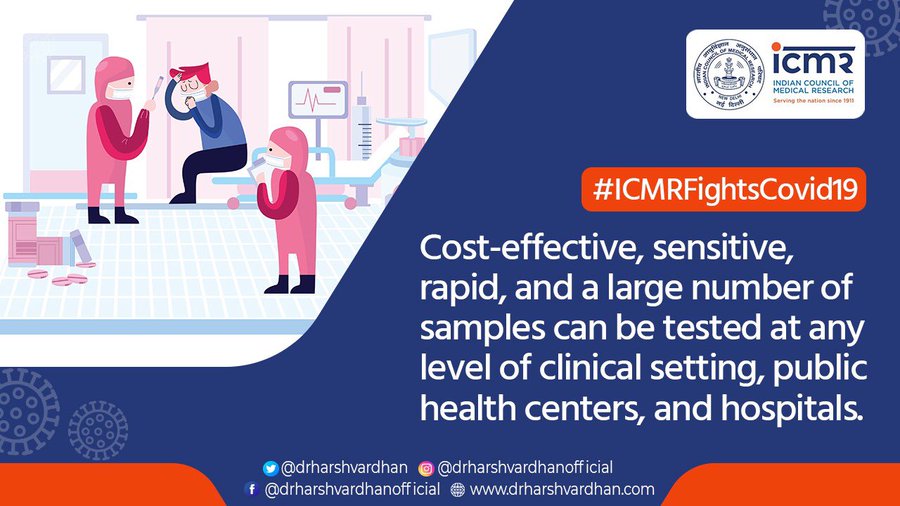India has been able to keep the impact of coronavirus under control, and was able to prevent a large number of casualties due to the setting of an early lockdown. However, concerns have been raised about the need for aggressive testing, which was partially limited due to the reliance on China for testing kits. And even though India is now testing almost 100K samples a day, experts argue that we need more.
Now, researchers at the National Institute of Virology, Pune, have successfully developed the first indigenous antibody detection kit for COVID-19. This new development is expected to make testing easier, thus making India’s stand against COVID-19 even stronger.
Union Health Minister Harsh Vardhan made the announcement in a series of tweets, where he explained how the ELISA testing kits would work, and the impact they would pose on India’s testing capabilities.
He said, “National Institute of Virology, Pune has successfully developed the 1st indigenous anti-SARS-CoV-2 human IgG ELISA test kit for antibody detection of #COVID19 .” Adding on, he made the remark, “This robust test will play a critical role in surveillance of proportion of population exposed to #SARSCoV2 infection.”
Dr. Harsh Vardhan made people privy to the power of ELISA kit, which he claims can test 90 samples together in a single run of 2.5 hours. This, he points, can help healthcare professionals “proceed quickly with necessary next steps on their patients’ triage paths.”
“The kit was validated at two sites in Mumbai, and has high sensitivity and accuracy,” the health minister added. The kit was developed within just a month of research, a testament to India’s dedication to stand against coronavirus.
The Union Minister also said that by harnessing the power of ELISA based testing, even district level supervision would become possible. “The @icmr_niv technology has been transferred to #Zydus #Cadila for mass-scale production. The Drug Controller General has granted commercial production & marketing permission to Zydus,” he pointed out.
So far, India had been relying on testing kits from China, which had restricted mass testings. However, after the recent development, India has cancelled an order for half a million test kits, since it was found that they produced inaccurate results.
The Tech Portal is published by Blue Box Media Private Limited. Our investors have no influence over our reporting. Read our full Ownership and Funding Disclosure →










